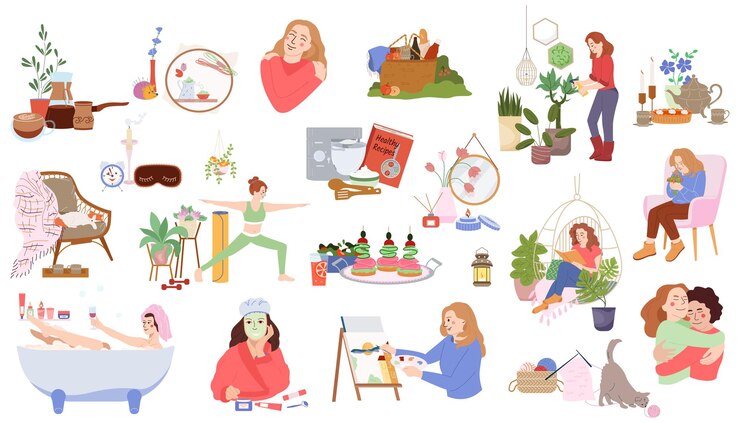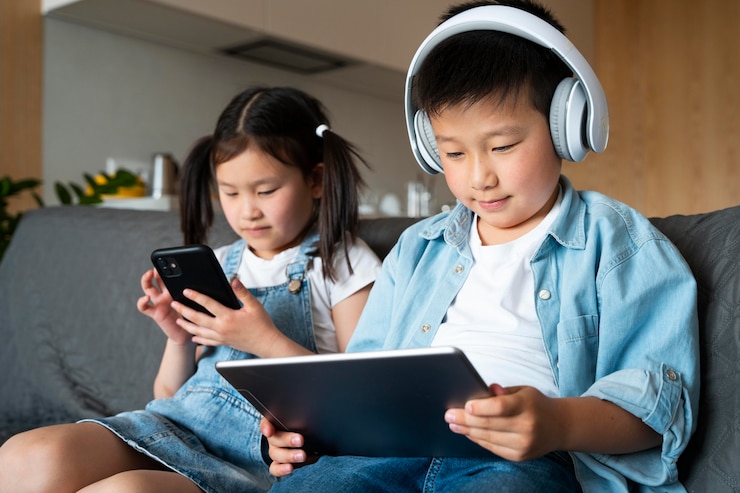
When it comes to disciplining a child, using harsh criticism and shame is ineffective and harmful to a child’s emotional health.
—
Our eight-year-old daughter has always been very sensitive. Since she was young, we’ve noticed how our words and reactions affect her deeply. She’s also very spirited and independent, which led to many moments where my husband and I reacted in ways we now regret during her early years.
I wish I could say that our discipline approach was always fair, empathetic, and respectful. I wish my words and responses were aimed at nurturing her character instead of just correcting her behavior or serving my own desire to appear as the perfect parent.
Thankfully, we’ve learned a lot in recent years by exploring positive parenting and understanding child development and neuropsychology. This knowledge has drastically improved how we handle her challenging behaviors. As the saying goes, when we know better, we do better, and I’m happy to report things are indeed much better now.
I try not to dwell on the past harsh tactics we used, which were well-intentioned attempts to guide her but ended up being more hurtful than helpful during our early parenting years.
However, it’s tough to avoid self-blame when I see the traces of our past mistakes in her daily struggles. Like when she beats herself up for not nailing her dance moves immediately, struggles to solve a difficult math problem, or when she argues with her siblings, echoing echoes of my own frustration in her small voice.
The way we communicate with our children really matters. While they are not the sole determinants of their future, our words significantly influence their mental and emotional development.
Here are five ways criticizing and shaming children during discipline can impact their mental health:
Related: Discover the 7 Cardinal Rules on How to Discipline Toddlers
Harsh discipline dulls the impact of natural consequences, like regret and embarrassment, shifting their focus to anger and resentment towards parents. Instead of fully understanding their responsibility, they dwell on the perceived unfairness.
When children make mistakes, they naturally feel bad. Adding disappointment, frustration, or anger tends to create toxic shame rather than promote constructive learning or improvement in behavior.
Mistakes are part of being human. When children internalize shame for their errors, it leads to unhealthy coping mechanisms. Our words have a lasting impact that goes beyond immediate reactions, affecting their self-worth.
Our flawed humanity gives us plenty of chances to experience disappointment from our mistakes. How we respond to our child’s missteps can either promote healing or add to this pain.
When disciplining a child, harshness and shame contribute to negative thoughts, laying the groundwork for anxiety and depression.
Peggy O’Mara wisely observed, “The way we speak to our child becomes their inner voice.” Consistent harshness can turn a child into their own worst critic. I’ve witnessed this in both my child and in families I work with in my child therapy practice.
Children can be their greatest allies or harshest critics. Which path will you guide them down through your discipline approach?
Children need a secure attachment with their caregivers. Using criticism and shame damages this bond. Attachment is built on unconditional love and acceptance. When we respond with coldness or irritation, we imply our acceptance is conditional, which can harm our relationship.
Related: Discover How Positive Parenting Skills Can Transform Your Family
Feelings like fear, anger, hurt, or exhaustion often influence how we react as parents. It’s important to recognize and change these patterns for the sake of our children. The journey of positive discipline involves creating new, healthier pathways for responding. Although this change is challenging, preserving a child’s emotional well-being is a vital reason to pursue it.
This post includes a free printable guide on Positive Discipline, which can be a great help in stressful moments with your child.
For more resources on conscious parenting and collaborative problem-solving, check out: [Insert Resources Link]



